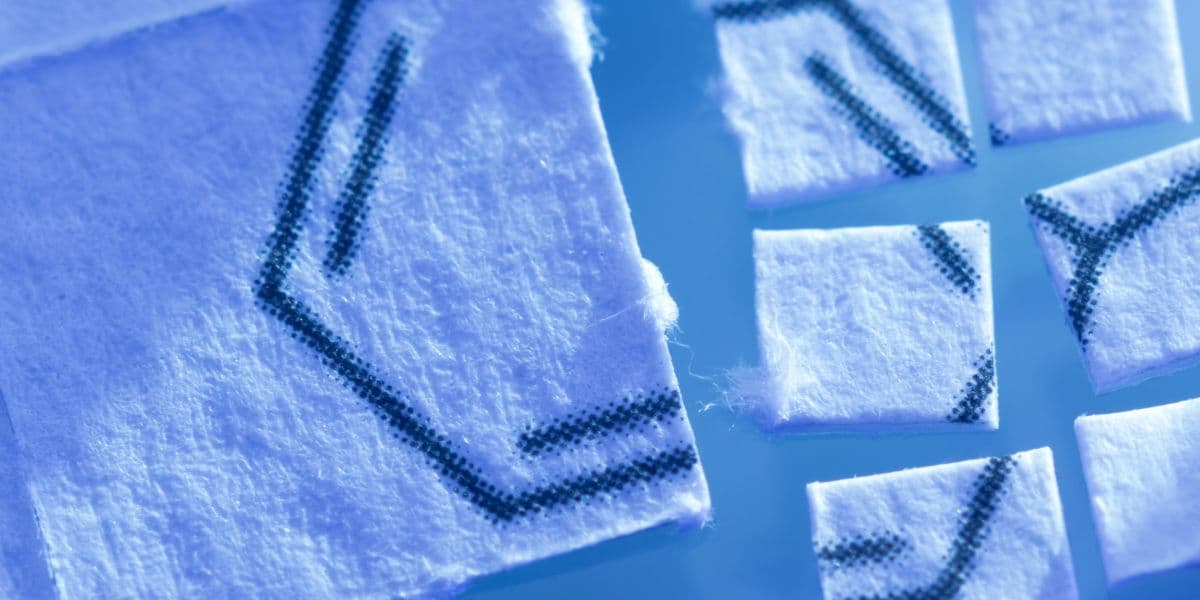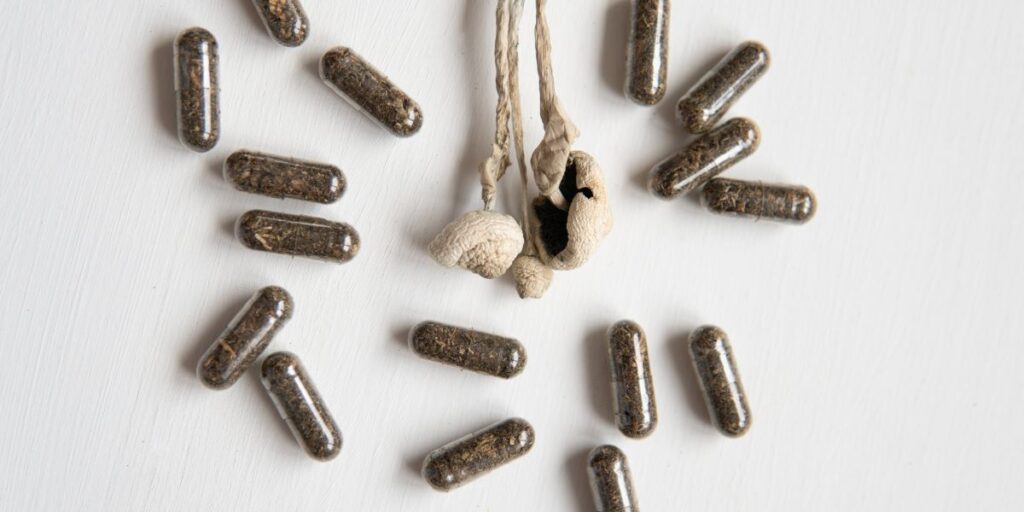What Is Microdosing, and Does It Work?

Microdosing, the practice of consuming tiny amounts of psychedelic substances, has gained popularity in recent years. Many people report that microdosing can improve mood, enhance creativity, and even boost productivity. But what does the scientific evidence say about microdosing? Is it safe, and are there potential benefits and risks?
What Is Microdosing?
Microdosing involves taking tiny doses of a psychedelic drug, such as LSD or psilocybin mushrooms, typically about one-tenth to one-twentieth of a recreational dose. The aim is to experience subtle benefits without the hallucinogenic effects associated with high doses. People who microdose often take these small doses several times a week, integrated into their regular routine.
The concept of microdosing was popularized by psychologist Dr. James Fadiman in his 2011 book, “The Psychedelic Explorer’s Guide.” Dr. Fadiman suggested that microdosing could help people improve their mental health, increase focus, and enhance overall well-being. Since then, the practice has spread widely, especially in creative and tech communities.
Microdosing has gained popularity among various demographics, including professionals seeking cognitive enhancement, people dealing with mental health issues, and those exploring personal development. Anecdotal reports and early research suggesting potential health benefits have fueled the rise of this trend.
Microdosing Psychedelics
Microdosing psychedelics typically involves substances doses of psilocybin, the active compound in magic mushrooms, and LSD (lysergic acid diethylamide). In the United States, these substances are classified as Schedule I drugs.
This means they are illegal and have a high potential for abuse. Additionally, they are not accepted for medical use. However, the scientific community has been researching to explore their potential benefits.
Microdosing can affect each person differently, such as better mood, more creativity, and improved focus. A full dose can make you see things that aren’t there. A microdose is smaller and can help you feel more focused and aware.
The Science Behind Microdosing
Scientific evidence on microdosing is still emerging. Research indicates that using small doses of psychedelic drugs can affect brain function. This may lead to changes in emotions, senses, and cognitive processes. However, many preliminary studies lack the rigorous controls necessary to draw definitive conclusions.
A study found that people who microdosed LSD felt happier and more creative than those who took a placebo. The study was published in the journal “Psychopharmacology.”
The participants who took LSD in small amounts reported feeling increased happiness and creativity. In contrast, those who took a placebo did not experience the same effects. The study’s authors cautioned that microdosing has small effects. They also stated that more research is necessary to fully comprehend its long-term effects.
Another study conducted by the Beckley Foundation explored the effects of psilocybin microdosers and found that participants reported improved mood and cognitive flexibility. The study also pointed out that participants’ expectations and the placebo effect could influence subjective effects.

Side Effects of Microdosing
While there are potential benefits to microdosing, it is essential to consider the side effects. Some people may experience anxiety, fatigue, or irritability, especially if they microdose too frequently or take higher doses than recommended.
When the body becomes tolerant to a drug, it can be a problem. This is because the body gets used to the drug. As a result, the effects of the drug become weaker over time.
One of the challenges in studying the side effects of microdosing is the variability in individual responses. Factors such as dosage, frequency, and individual physiology can all influence the experience and potential side effects. Additionally, the illegal status of these substances complicates research efforts and limits access to standardized, high-quality materials.
Microdosing Long-Term Effects
The long-term effects of microdosing are still not well understood. Researchers need to conduct controlled studies to determine if microdosing is safe and effective over extended periods. Some people may feel better mentally and emotionally, but there is not enough strong scientific evidence to back up these claims.
Research on microdosing is a new field. Early studies show promise, but more data is needed for final conclusions. Scientists are particularly interested in the potential therapeutic applications of microdosing for conditions like depression, anxiety, and PTSD.
For example, a study published in the “Journal of Psychopharmacology” explored the potential of psilocybin microdosing to alleviate symptoms of depression and anxiety. The study found positive results, but more research is needed to confirm these findings, as stated by the authors.
Potential Risks of Microdosing
Despite the potential benefits, there are several risks associated with microdosing. One significant concern is the lack of regulation and quality control. Since psychedelic drugs are illegal under federal law, obtaining a consistent and safe supply can be challenging. This uncertainty can lead to variations in dosage and purity, increasing the risk of adverse effects.
Another risk is the potential for people to self-medicate without professional guidance. Microdosing may seem harmless, but it involves using a substance that affects the mind. We don’t know much about how it interacts with other medications or existing mental health conditions.
Additionally, there is the issue of driving and operating heavy machinery. Colorado Department of Transportation recommends not driving while under the influence of any psychoactive substance.
This includes even small amounts of psychedelics. These substances can impair thinking and reaction speed.
Microdosing in Popular Culture
The practice of microdosing has permeated popular culture, with numerous articles, books, and documentaries exploring the topic. High-profile figures in the tech industry, entertainment, and creative fields have publicly discussed their experiences with microdosing, contributing to its growing popularity.
Microdosing is popular in the wellness community. People believe it can improve mental health, creativity, and well-being.
Recently, there has been a rise in interest in a certain topic. This has sparked curiosity and doubt among people. Critics are questioning the scientific evidence that supports the supposed benefits of this topic.
Legal Status of Psychedelics
The legal status of psychedelic substances is a significant barrier to psychedelic research and clinical application. In the US, psilocybin and LSD are illegal
They are classified as Schedule I drugs. This means it is against the law to have, share, or use them. This classification also limits the ability of researchers to conduct studies and explore potential therapeutic uses.
However, there is a growing movement to decriminalize or legalize these substances for medical and therapeutic purposes. Cities like Denver and Oakland have passed measures to decriminalize psilocybin, and Oregon has approved the therapeutic use of psilocybin under regulated conditions. These changes reflect a shifting attitude toward psychedelics and their potential benefits.
Using psychedelics for personal growth or therapy raises concerns about consent, independence, and possible harm. People should know all the good and bad things and have help from professionals.

Substance Abuse and Mental Health Treatment
If you are thinking about microdosing to help with mental health problems, make sure to talk to a doctor first. While some people may benefit from microdosing, it is not a substitute for traditional mental health treatments. Therapies like cognitive behavioral therapy, CBT, and medications from a psychiatrist have proven to be effective and safe.
For those struggling with substance abuse, seeking help from a qualified treatment center is vital. Northridge Addiction Treatment Center provides assistance for both the mental and physical aspects of addiction. They offer evidence-based treatments such as dual diagnosis. These treatments aim to address both the mental health and physical health needs of people struggling with addiction.
The center helps people with addiction by giving them care to improve their well-being. NATC has caring specialists who want to help you recover and stay healthy. Contact us today. Your health insurance benefits may cover the entire cost of treatment.
Find Meaningful Recovery
Our caring and compassionate specialists are eager to help you comfortably navigate this journey to recovery. Our individualized treatment plan, programs, and therapies may be a perfect match for you or your loved one. Let us assist you in living the happy life you deserve. It starts with a phone call.




